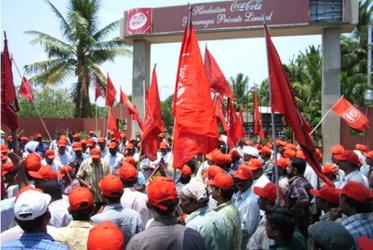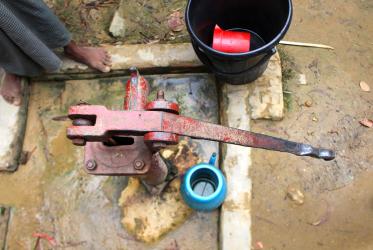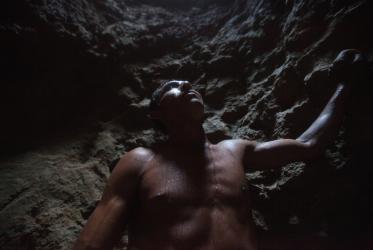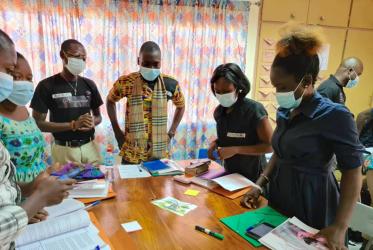Displaying 121 - 140 of 228
Called to Transformation - Ecumenical Diakonia
09 June 2022
Groundwater is “a political question”
27 April 2022
Groundwater: a hidden treasure we need to protect, say EWN members
28 February 2022
Unity is key when health crisis poses new challenges in Asia
28 February 2022
















